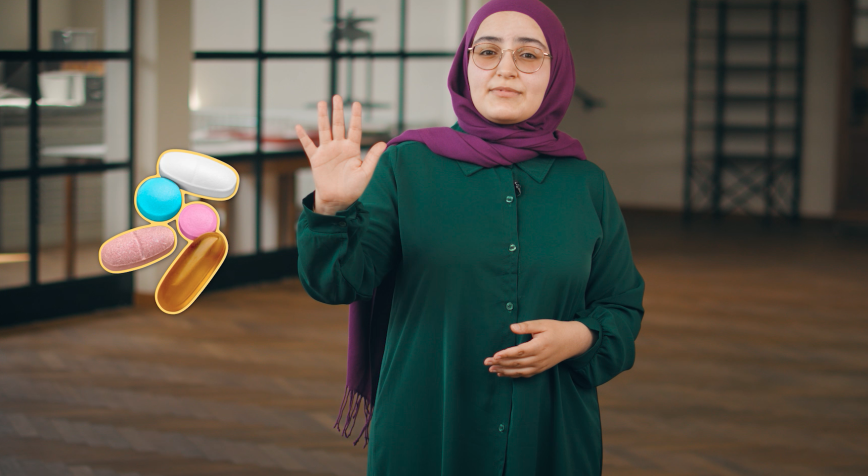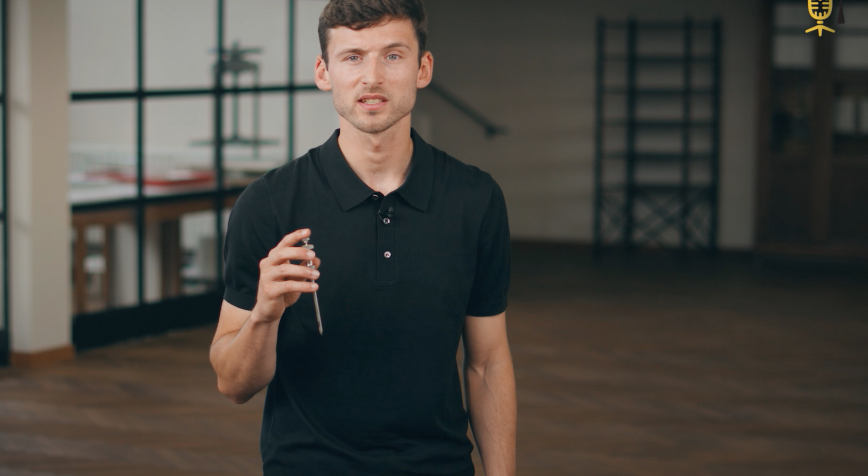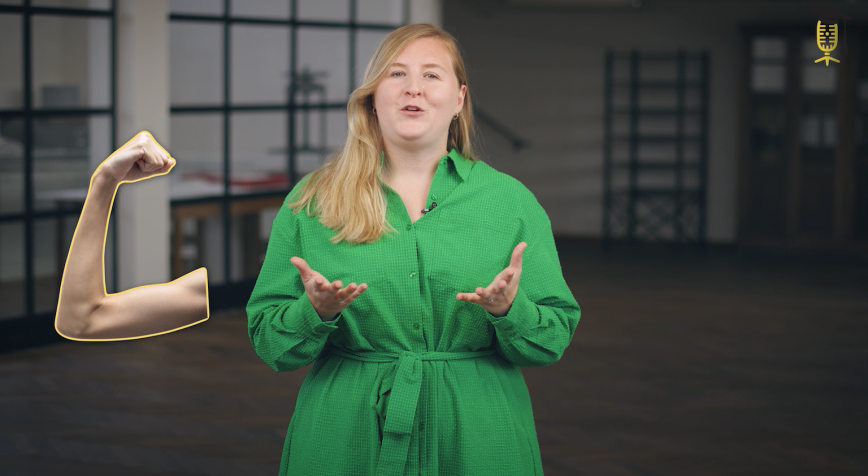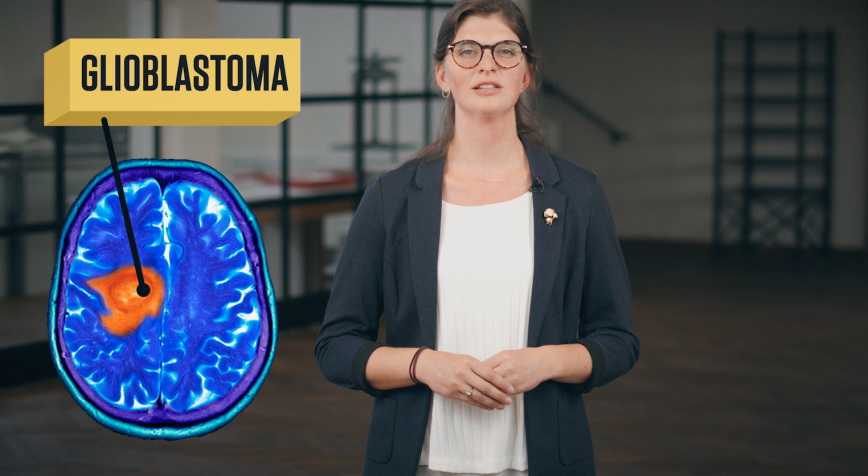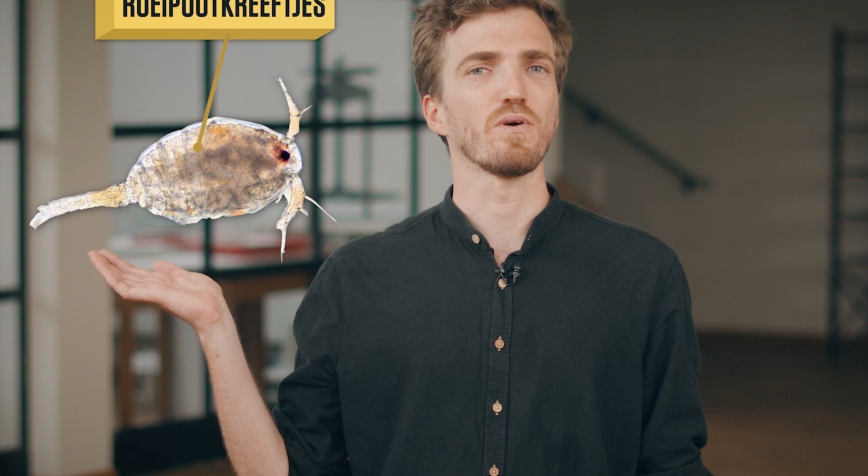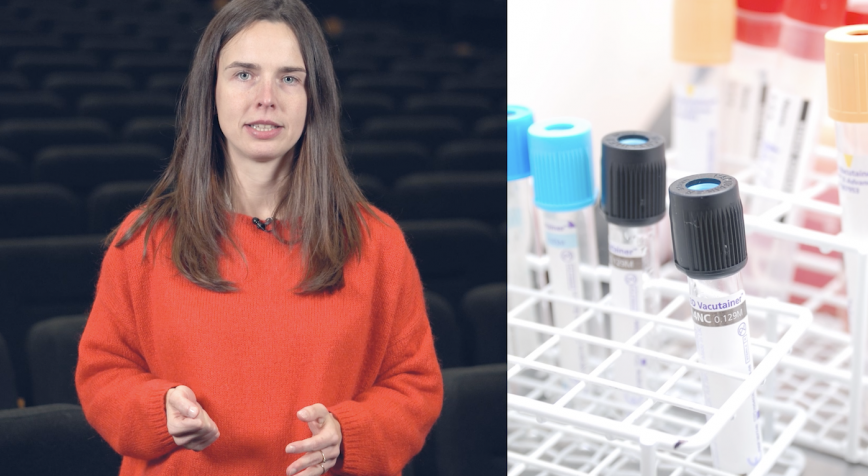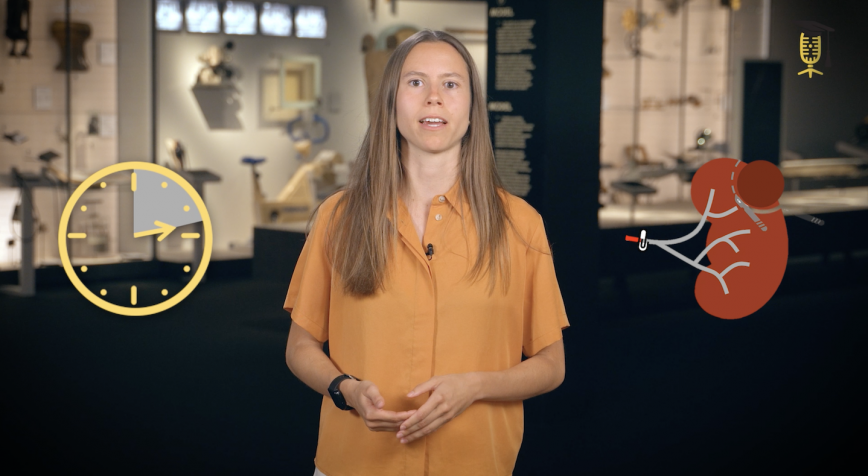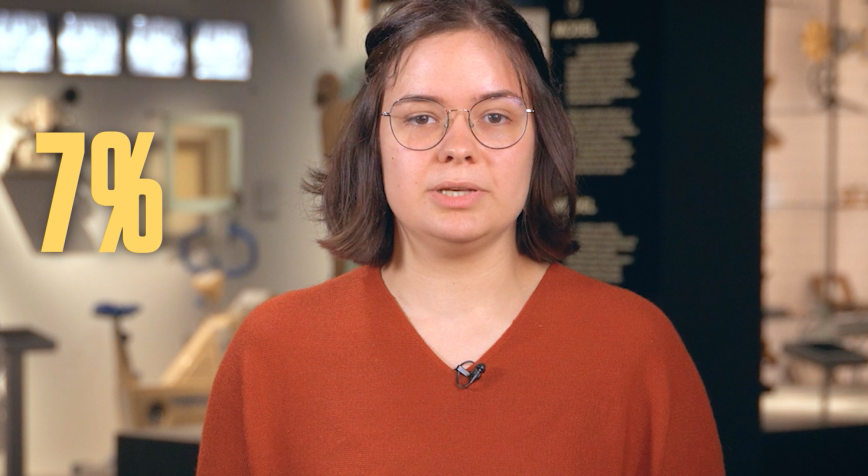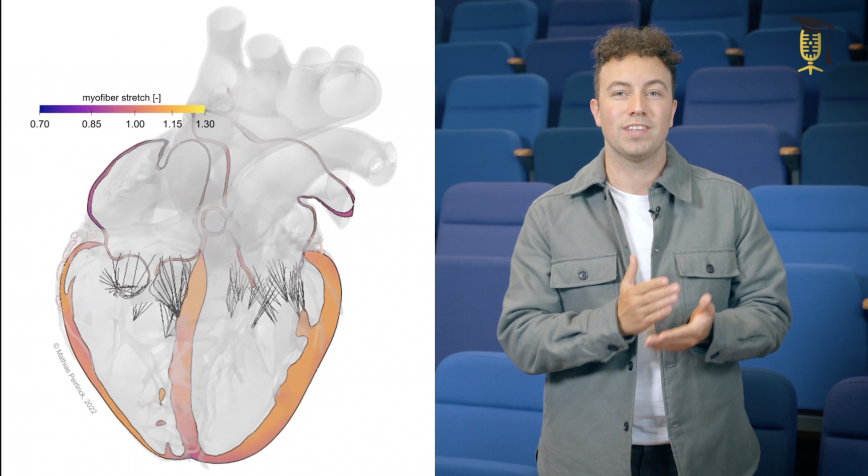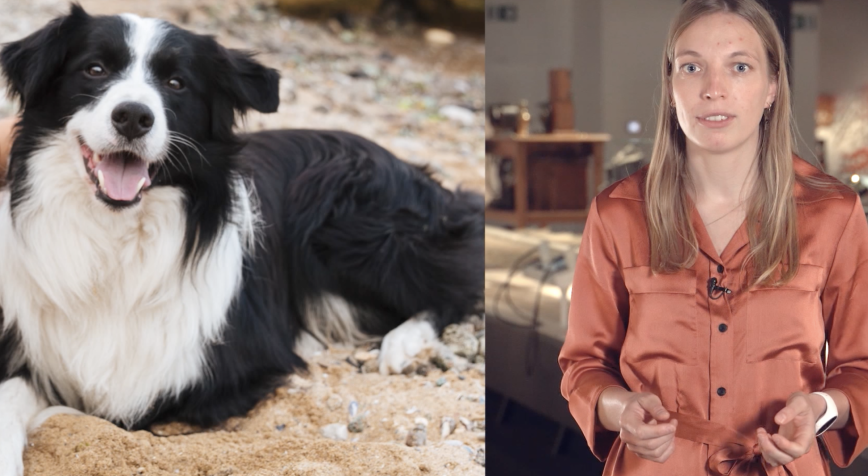
UGent
How oral habits shape your teeth
Have you ever tried to unlearn an old habit, such as nail biting? That is easier said than done. This is also the case with bad oral habits, such as pushing your tongue against your teeth when swallowing. This can cause problems to your teeth, such as an upset position of your teeth. Charis Van der Straeten how a speech therapist can help children unlearn their bad mouth habits.
